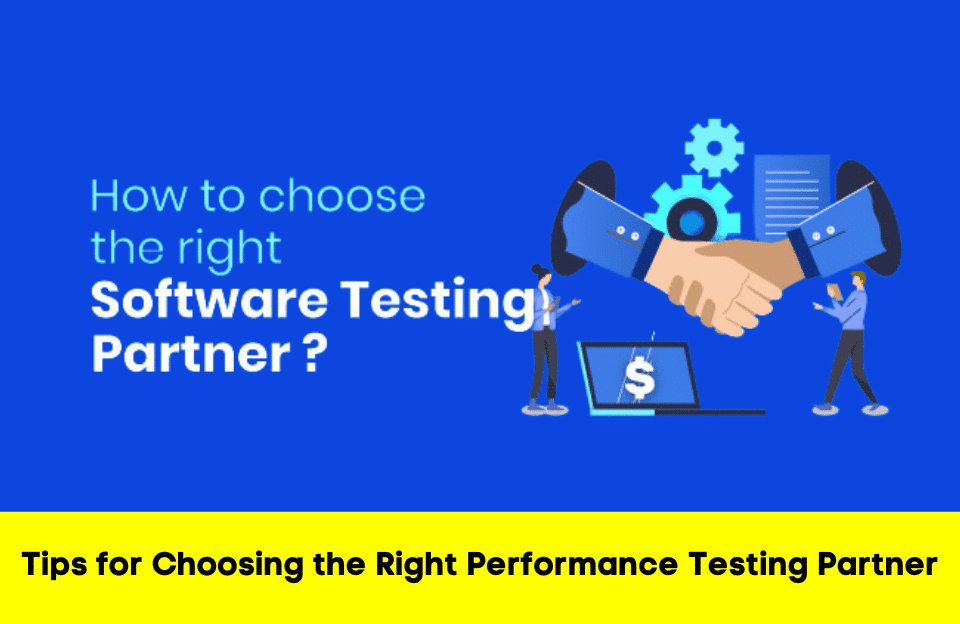Performance testing is a critical component of any successful enterprise application. By simulating real-world user loads, performance tests help identify bottlenecks, errors, and lags in applications before they impact customers. However, not all performance testing tools and services are created equal. Here are some tips for choosing the right enterprise performance testing partner.
Table of Contents
Consider your requirements
When evaluating performance testing companies, first consider your application’s unique performance testing requirements. Factors like target users, expected traffic, and transactions per second will dictate the tools and testing scope needed. Additionally, consider special requirements like geographic distribution, mobile application testing, or integrations with CI/CD pipelines. Clearly defining performance testing goals will aid in vetting providers.
Experience and expertise
Look for a test automation company with extensive expertise in performance testing approaches, tools, metrics, and best practices. They should have experience benchmarking and load testing complex enterprise applications similar to yours. Ask potential vendors about their testing methodology, tools, metrics focused on, and how they architect tests for optimal performance and stability. Opt for a provider well-versed in multiple performance testing tools and approaches.
Comprehensive testing services
The ideal enterprise performance testing partner will offer end-to-end testing services spanning functional testing, security testing, mobile testing, and more. Comprehensive testing helps identify performance bottlenecks stemming from functionality and integration issues before conducting targeted performance tests. Vendors that offer automated testing services can seamlessly integrate performance testing into the continuous testing cycle.
Flexible tooling and reporting
Performance testing tools that offer configurability, customization, and integration are key for addressing unique testing needs. Scripting flexibility and integrations with developer tools allow greater test automation and CI/CD pipeline integration. Make sure potential vendors can deliver insightful, visual analytics and reporting to pinpoint performance issues and quantify improvements. The testing platform should provide robust data to optimize applications.
Proactive Recommendations
The best performance testing partners go beyond executing tests to provide strategic advice for continuous optimization. They should analyze performance data to make recommendations like code enhancements, infrastructure changes, and network optimization for boosting speed and scalability. Opt for a tester that takes a consultative approach focused on maximizing application performance and user experience.
Conclusion
Automated testing using no-code tools is the future for streamlining business processes, but selecting the right platform is crucial. Opkey is an enterprise-grade software testing solution that is easy enough for non-technical users yet robust enough for QA engineers.
With Opkey’s extensive testing capabilities, users can thoroughly test software through functional testing, user acceptance testing, regression testing, and more. Opkey supports over 150 technologies and 15 packaged applications, enabling end-to-end testing of even the most complex business workflows. The intuitive interface and gentle learning curve allow users to quickly become productive with Opkey. As no-code test automation continues to gain traction, Opkey’s combination of ease-of-use and powerful functionality makes it an ideal choice to maximize the benefits of automated testing. By selecting Opkey as your test automation company, you can achieve optimized software quality and accelerated release cycles to meet the needs of your business both today and in the future.


